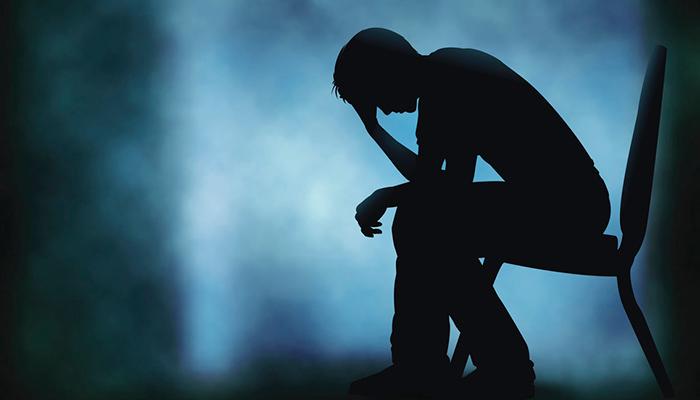PETALING JAYA: While the Anti-Sexual Harassment Act 2022 was implemented with women in mind, the All Women’s Action Society (Awam) said men should not be overlooked as they too are potential victims.
Its programme officer Dhivyasri said: “While conversations surrounding sexual harassment commonly focus on women, it’s essential to recognise that men are also potential victims of unwanted advances, inappropriate behaviour or coercion.”
Women, Family, and Community Development Minister Datuk Seri Nancy Shukri said more men have come forward to lodge reports about sexual harassment.
“Of the 762 cases reported from July 6 to Oct 2 last year, men made 187 reports while the rest were from women. This shows that sexual harassment is a growing problem for men as well.”
Of the cases reported by men, 24 were in 2020, 60 in 2021 and 61 last year. While the statistics reveal a higher percentage of reports from women, Dhivyasri said it only goes to show that such harassment is a major problem for both genders and has become a major concern.
“It is increasingly clear that the impact of sexual harassment calls for immediate attention and a shared dedication to addressing the issue and its harmful effects on the victims.
“Addressing sexual harassment requires a broader understanding and acknowledgement of the different ways in which individuals of both genders can be impacted. We should foster an environment in which everyone feels safe and supported when complaining about being a victim, instead of looking at victims as the ones who probably caused it.”
She said the experiences of men facing sexual harassment can be complex and challenging.
“Men are almost always overlooked in this issue because of traditional gender norms, in which they are seen as strong, resilient and expected to be flattered and unaffected by sexual harassment.
“But the truth is men are embarrassed to talk about being sexually harassed and this leads to under-reporting as they do not wish to be perceived as weak and have their masculinity questioned. The stigma surrounding male victims can create barriers to disclosure.”
While legal protections exist, Dhivyasri said its effectiveness is subject to challenges such as under-reporting, societal perceptions and enforcement issues.
“Internal inhibitions, victim blaming and a lack of awareness contribute to the persistence of harassment, especially in the workplace. We actively collaborate with organisations to establish and reinforce policies addressing sexual harassment,” she said.
Dhivyasri also emphasised the need for increased awareness, societal change and a more streamlined legal process to effectively address the challenges, adding that the challenges of reporting online harassment, including issues of anonymity and evidence, pose additional hurdles.
She said effective implementation of robust reporting processes would ensure the safety of victims and their access to justice.
In the ongoing discourse on sexual harassment involving men, and efforts to safeguard women, Dhivyasri said NGOs that promote gender equality have made significant strides in providing victims with comprehensive support and education.
“Last year alone, we conducted over 40 talks and workshops that addressed various aspects of sexual harassment, including its different forms, understanding consent, and strategies for being an active bystander.
“We encourage individuals and communities to actively participate in our efforts, which contribute to the collective fight against gender-based violence. By addressing sexual harassment involving men comprehensively, we can create a society in which everyone feels safe, respected and free from gender-based violence.”
Dhivyasri urged victims of sexual harassment to lodge a report through Awam’s Telenita helpline at 016-237 4221 to access counselling and legal information.









